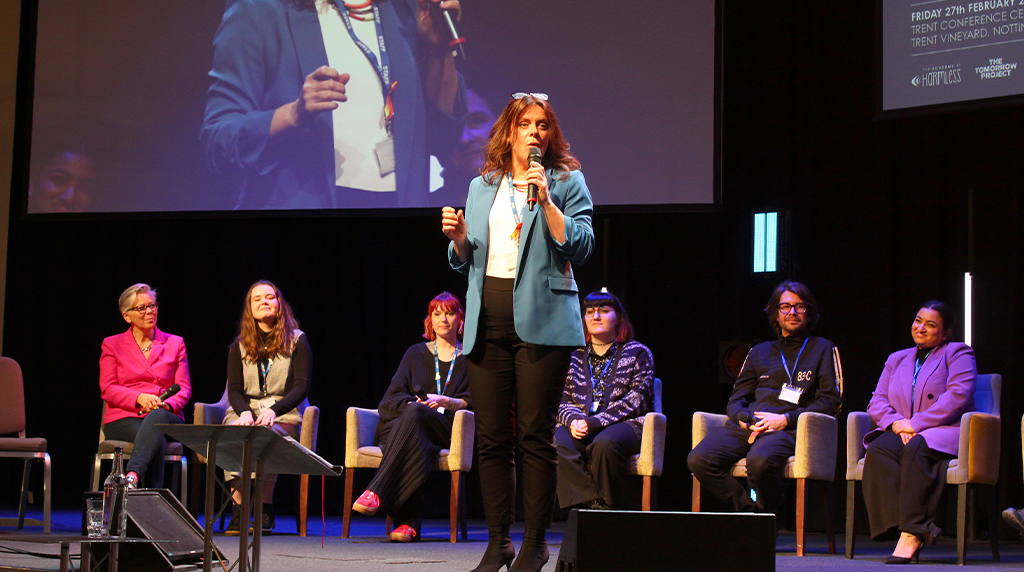By Simran Dhillon (Clinical Support Worker)
Grief is an emotion and experience that is universal, yet also individual to all. Intersectionality as a framework highlights how multiple social identities such as gender, ethnicity, age and class can create unique experiences of oppression and discrimination. In the context of grief, ethnicity and intersectionality play a crucial role in shaping an individual’s experience of bereavement.
Discourse surrounding grief and loss is often through the lens of Westernised experiences – specifically white, middle class individuals (Breen and O’Connor, 2007). Western knowledge and experiences often become the leading markers for grief and therefore become the framework for understanding how to provide support. Placing Western ideology and experiences at the centre is problematic and provides a skewed view, as this is not the common experience for all and is certainly not universal.
As a Queer South Asian woman, there are multiple intersectionalities to my identity that would impact how I see grief and therefore why Westernised practices may not benefit me the same way as someone else. Even within the South Asian community there are regional cultural differences that add to the myriad of South Asian Identity, further adding differences in understanding of grief and how it is navigated. This complexity challenges the idea that any one-size-fits-all.
One of the difficulties within the South Asian community is the stigma surrounding mental health and suicide. Looking at suicide from the lens of culture and ethnicity is essential in having a deeper understanding on how different politics, religions and histories mould the way suicide will be dealt with within societies. Prevention and postvention strategies cannot be truly inclusive unless other perspectives are taken into account and considered. In my own experiences, mental health issues have been met with misunderstanding, fear and discomfort – rooted in cultural beliefs and generational trauma. This creates an unsafe environment for healing, and is a breeding ground for shame and a fear of asking for support. This must be challenged.
If we are serious about supporting those who are grieving – especially those from racialised and minority communities – we must move beyond Westernised frameworks and make space for a full range of human experience. We must be active in our inclusivity and understand the barriers that exist for those in accessing support.
Grief does not look the same for all, neither should the support that individuals receive.
______________________________
Harmless and The Tomorrow Project are here to help – if you need our support, you can make a referral via the button below.
References
Breen, L. J., & O’Connor, M. (2007). The fundamental paradox in the grief literature: A critical reflection. OMEGA-journal of Death and Dying, 55(3), 199-218.




